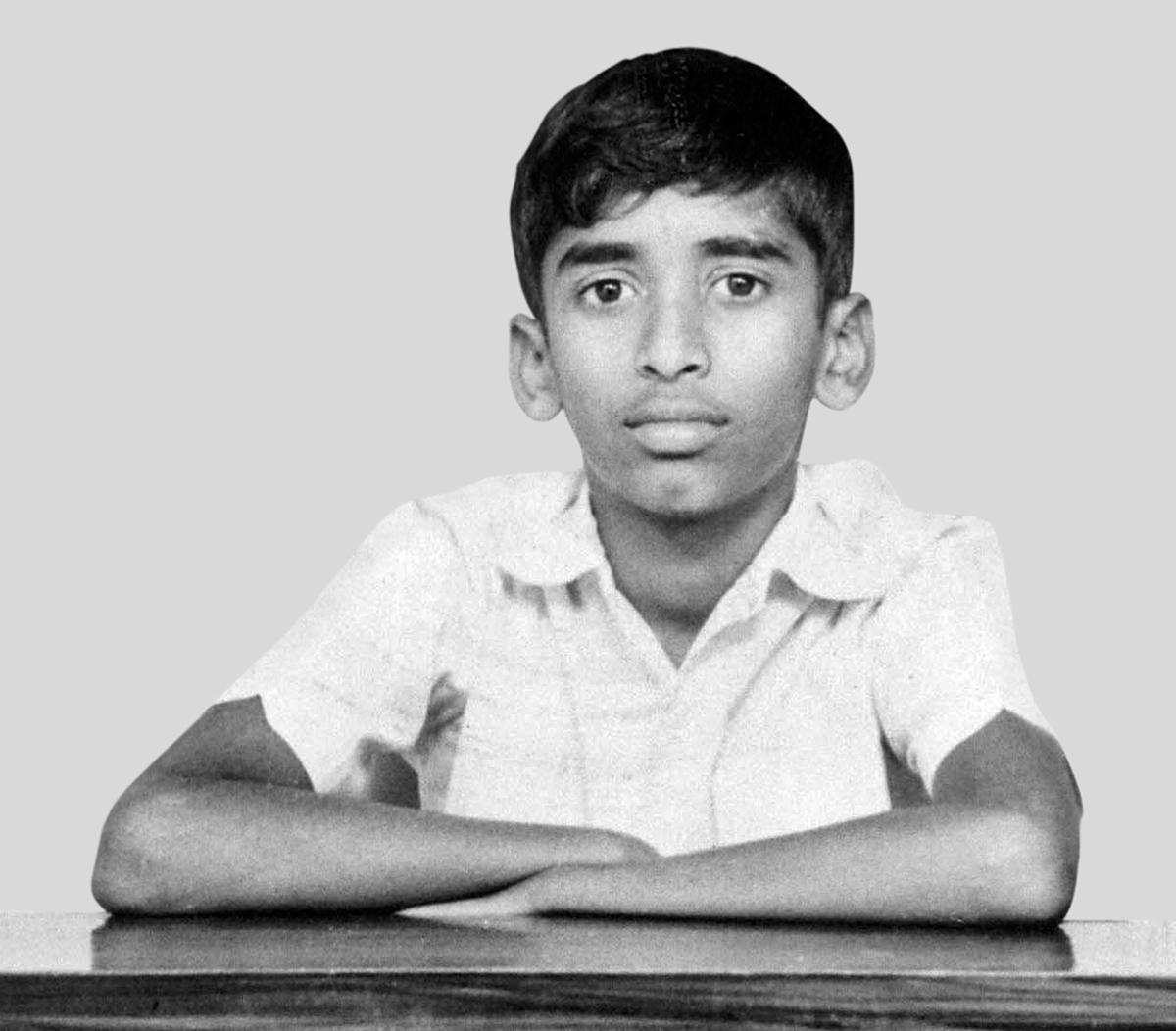In a riveting dialogue that delves deep into the caverns of human emotions, Lewis Howes, former pro-athlete turned entrepreneur and host of the popular “The School of Greatness” podcast, invites Sadhguru to discuss the topic of anger. With candor and depth, Sadhguru recounts his personal evolution from a youth where constant anger was fueled by perceptions of injustice, to embodying the art of conscious response. Brace yourself for a captivating conversation that not only explores what it means to live consciously in a tumultuous world but also reveals the power of living unshackled by negative emotions.

Lewis Howes: When was the last time that you felt anger or resentment and actually expressed it?
Sadhguru: I was just thinking of getting angry with you right now. [Both laugh]
Lewis Howes: Perfect, bring it. I love that.
Sadhguru: The thing is, I have not given the privilege to anyone that someone can make me happy or unhappy, angry, or miserable. It is not that I am incapable of all these things – if I want, I can be all those things – but I have not given this privilege to anyone. They can’t do something to me and make me angry.
Lewis Howes: Did you have that experience or give that privilege to someone when you were younger? Did you learn that at a certain point where you transitioned?

Sadhguru: Until I was 24 years of age, from the age of 11 or 12, I was always angry almost 24 hours a day, because I fixated on what I perceived as justice and injustice. Once you start looking at what is justice and injustice, just about everything in the world looks unjust, even small things. Anything unjust made me angry. And everywhere I looked – whether at home, in school, on the street, in society, in the country, in the world – there was so much injustice; so I was always angry.
Lewis Howes: Right. I feel like there are a lot of people in America and in the world who get angry about a lot of things, and there’s a lot of injustice. So, when did you shift, and how did you come to the realization that this no longer works for you in your life?
Sadhguru: Not just for me – it doesn’t work for anyone.
Lewis Howes: That’s true. But when did you realize?
Sadhguru: People think anger is some kind of a virtue, calling it “righteous anger.” It takes them some horrible thing to propel them into action. There is not enough love in their hearts to stimulate them into action. The kind of action that stems from anger sometimes produces results. But if we want genuine results that are good for everyone, we must take action when everything is right. But when things are comfortable, people tend to be lethargic. When you propel yourself into action with anger, you cannot keep it up too long.
If you keep it up for longer, you will destroy yourself, and you will destroy everything around you. If you get angry occasionally, you will feel empowered and seem to be doing right things once in a way. You must be doing those right things all your life. Then, by the end of your life, everything might not have changed, but you would have made a difference.
Lewis Howes: How do we get people to wake up when things are calmer so that they can act with love and get the change they want?
Sadhguru: What you are seeing as Inner Engineering in the world is in a way a movement from religion to responsibility. Essentially, religion means people are thinking that responsibility is somewhere up there. Where is that up, no one knows – you just have to believe it. When you are in California and I’m in Tamil Nadu, if you and I look up, our “up” is in different directions. When the planet is round and spinning, which way is up in this universe? Is it marked somewhere in the cosmos – “this side up”? There is no such thing.
Responsibility is not up there. It must come here. We must understand that if we want to live in a wonderful world, it is only us who can make this happen. No other force from anywhere is going to do it. The only way is to realize and transform ourselves from religion to responsibility. The idea of God has come up because we have no explanation for creation.

Before you and I came into being, an immense amount of creation had already occurred. How did all of this come into being? Such complex, fantastic stuff – who created it? A simplistic, childlike interpretation might be that a big man must have done it. Because you cannot see him here, people often conclude that it must be “up there.” Now, of course, there is a debate with some arguing why it could not be a woman. In India, we have resolved these issues. We have man gods, woman gods, snake gods, cow gods, elephant gods, gods of every conceivable form. We do not know who might claim what in the future – so we said everything is God.
If you use the concept of God as a psychological process to settle certain things within you – fine. Solace is one thing; solutions for life are a different thing. For those who are in extreme states of poverty, war, and other kinds of misery imposed upon them, you must give solace. The rest of us who have eaten well should talk about a solution.
Life is brief. We need to understand that to be healthy, balanced, and joyful is normal. When you were five years of age, were you miserable or joyful? Someone had to take the joy out of you by poking you with something; otherwise, you would be bouncing with joy. Someone had to work hard to make you miserable. Today, someone has to work hard to make you happy. The whole equation has gotten reversed. What has happened is that you have grown up. Life should become better when you grow up.
All other life – for example, when a little plant grows into a tree – becomes better as it grows. Only human beings are saying that childhood was so fantastic, and adulthood is misery. Adulthood must be the best time. Your old age must be the most fantastic time.
As a society, as a culture, as a generation, we have not given enough significance to the life that we are. Any child can tell you something about distant galaxies because they can get the information on their phone. But they do not know anything about themselves. You do not know the fundamental mechanics of how you function. Consider this simple exercise: For the next ten seconds, do not think about a monkey. When you try to not think about a monkey, only monkeys will come up in your mind.
This is the nature of your mind: if you try to avoid certain thoughts, only those will occur. With this mind, if someone tells you what is good and bad, and that you should not think about bad things, trying to avoid such thoughts is a full-time job. Most people have not understood the most fundamental mechanics of the mind. In their mind, there is no subtraction and division, only addition and multiplication. There are no brakes on it; all three pedals are throttle. But you can distance yourself from that. Once you create a little space between yourself and the psychological process, the chemistry of the body changes so dramatically.